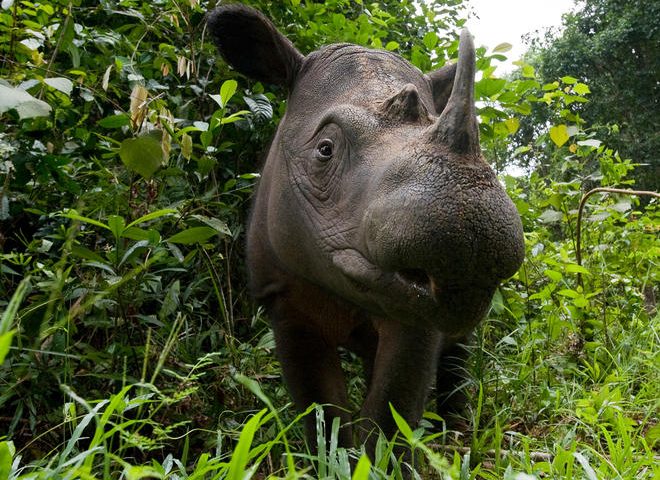One of the best tools we have for fighting the illegal wildlife trade that threatens many of the world’s most endangered species is CITES— the Convention on International Trade in Endangered Species. This global agreement established in 1979 has since been signed by more than 170 governments.
This month the 17th CITES Conference of the Parties takes place in South Africa. It will be my fifth CITES COP, and I have seen first-hand how the Convention has evolved – how countries are beginning to treat wildlife crime as a serious crime and hold others accountable when they are not doing enough to prevent illegal wildlife trade. My hope is that this new tradition continues and grows.

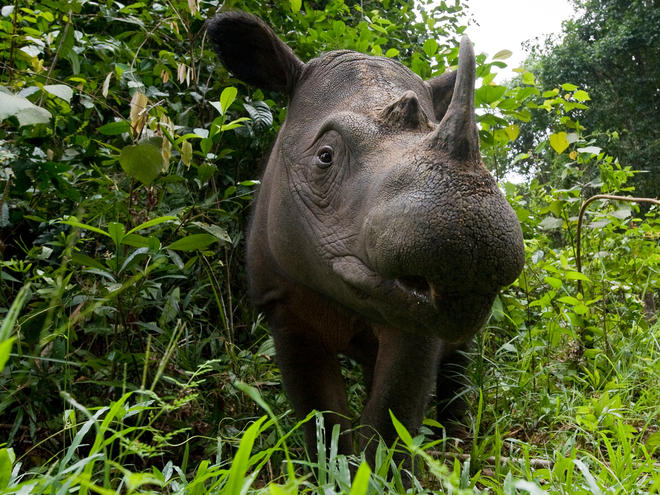
A wildlife crime crisis
There is serious work to be done at CITES. Nearly 40 years later after its founding, too many countries are now either failing to meet their CITES commitments or, worse still, flouting the rules they agreed to uphold.
Governments must recognize the impact that escalating wildlife crime on not just wildlife but people, economies and regional security too. We can’t turn a blind eye and treat this crisis lightly. Leniency will only allow this dangerous crime to flourish unchecked and decimate populations of some of the world’s most beloved species.
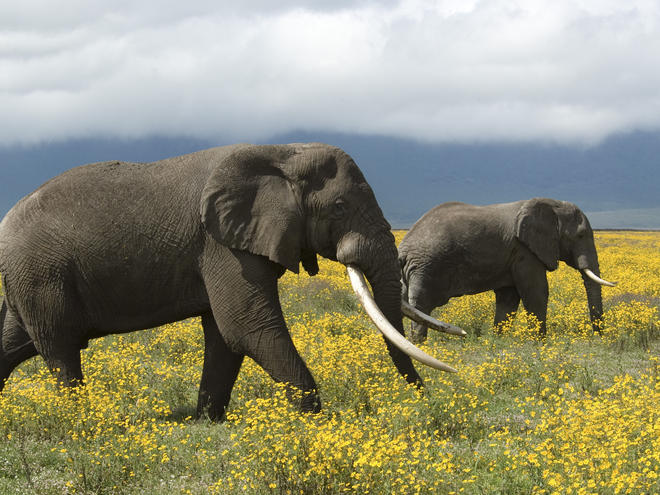
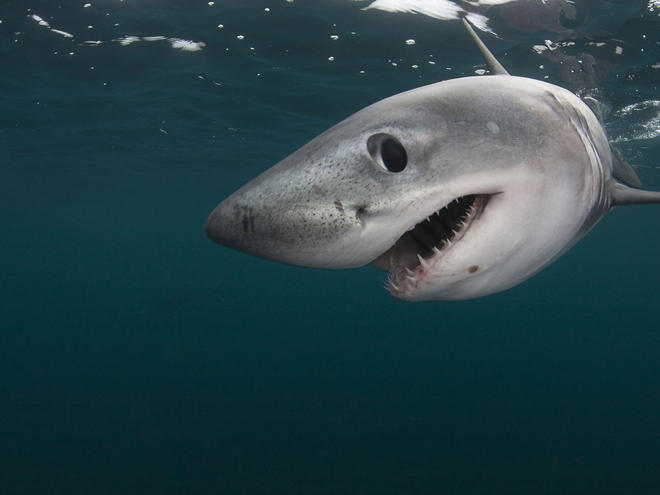
WWF has actively participated in all previous CITES CoPs and contributed to major decisions to protect several marine species like the whale shark, and commercial timber species like mahogany and ramin. With more than 50 years of policy and field expertise in more than 60 countries, WWF works with member countries to implement legislation and regulations on CITES, and ensures those laws are effectively enforced.

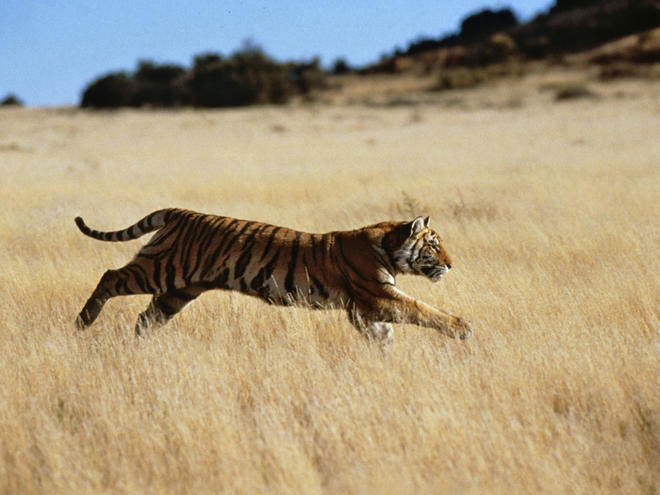
Urgency for rhinos, elephants and tigers
Our priority for CITES this year? To push governments to maintain focus on the illegal wildlife trade that is driving poaching of elephants, rhinos, tigers and many other species and to enforce resolutions that give it “teeth.”
Some of the most crucial proposals this year address species that are facing crisis levels of poaching. Key issues that need to be addressed are as follows:
- Unregulated domestic ivory markets and lax enforcement of laws against ivory trade in the countries where wildlife is killed, transported, and bought and sold
- Vietnam’s failure to act against illegal rhino horn trade within the country
- Rapidly growing numbers in Asia’s tiger farms – breeding centers that fuel illegal wildlife trade and the poaching of wild tigers
The lack of action in Vietnam has been identified as the main factor driving the present poaching crisis in southern Africa. It also has resulted in the loss of Vietnam’s last indigenous rhinos.
This is why WWF is asking governments to assess countries’ compliance with rhino, elephant and tiger resolutions and take strong action – including possible trade sanctions – when parties fail to meet their obligations. At CITES, WWF will ensure a focus on Vietnam, and on their government demonstrating real progress to eradicate their massive illegal trade in rhino horn.
As an American, I am proud of the leadership our country has shown on the issue of wildlife crime, both back when CITES was founded, and today. I am confident that the U.S. will uphold their commitment to treat wildlife crime as a serious crime at CITES, and will continue to lead the way for other countries to do the same.
Enviroshop is maintained by dedicated NetSys Interactive Inc. owners & employees who generously contribute their time to maintenance & editing, web design, custom programming, & website hosting for Enviroshop.
